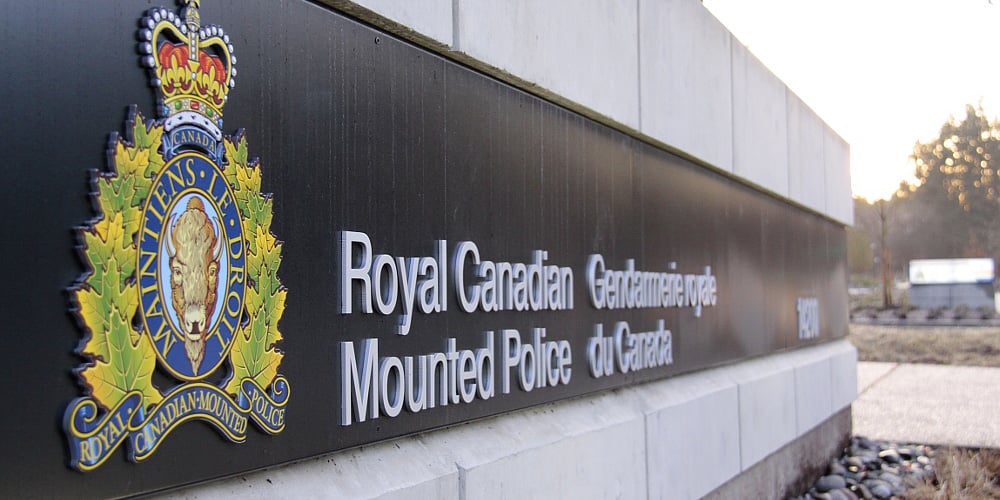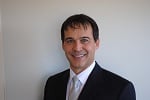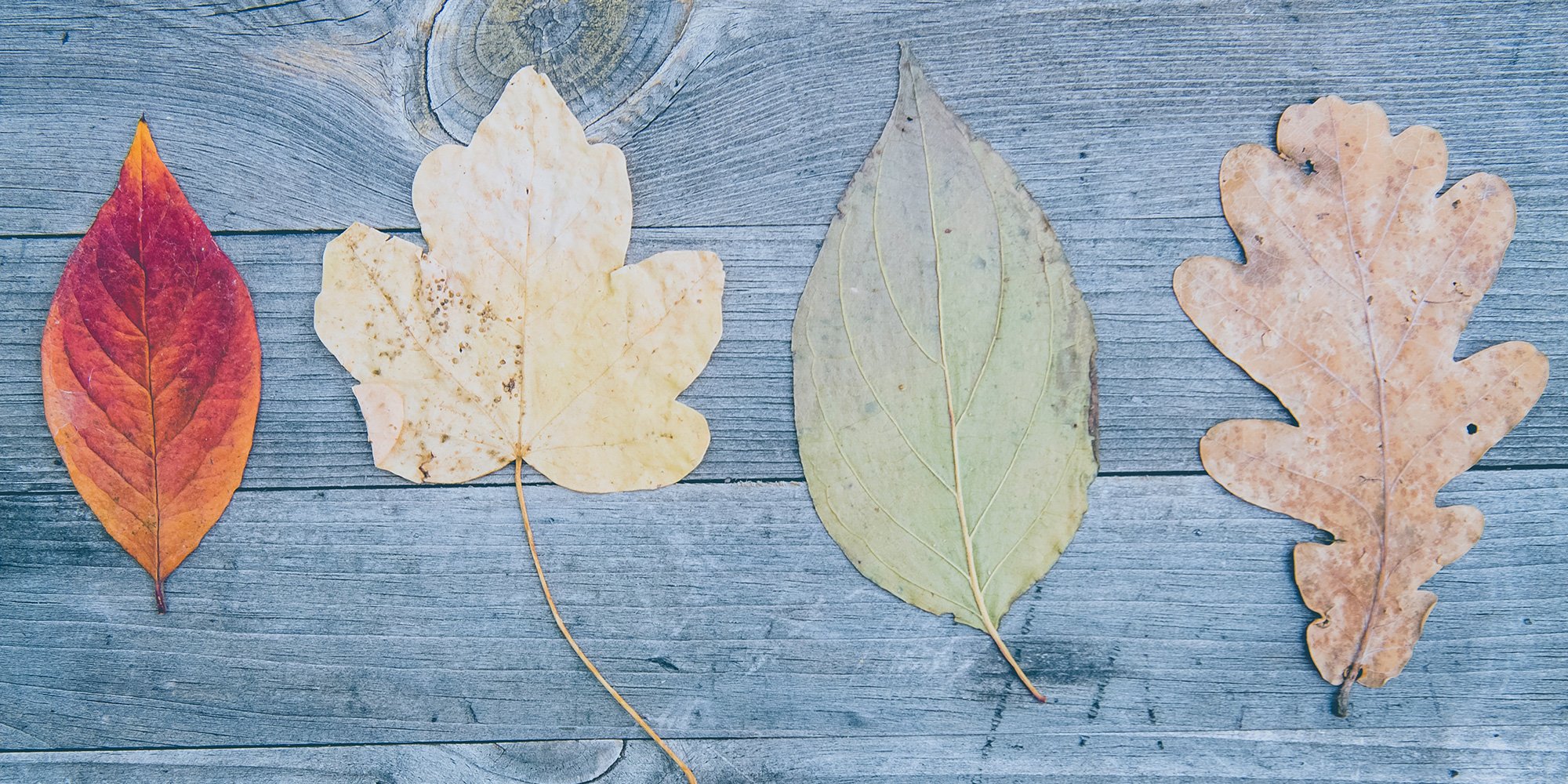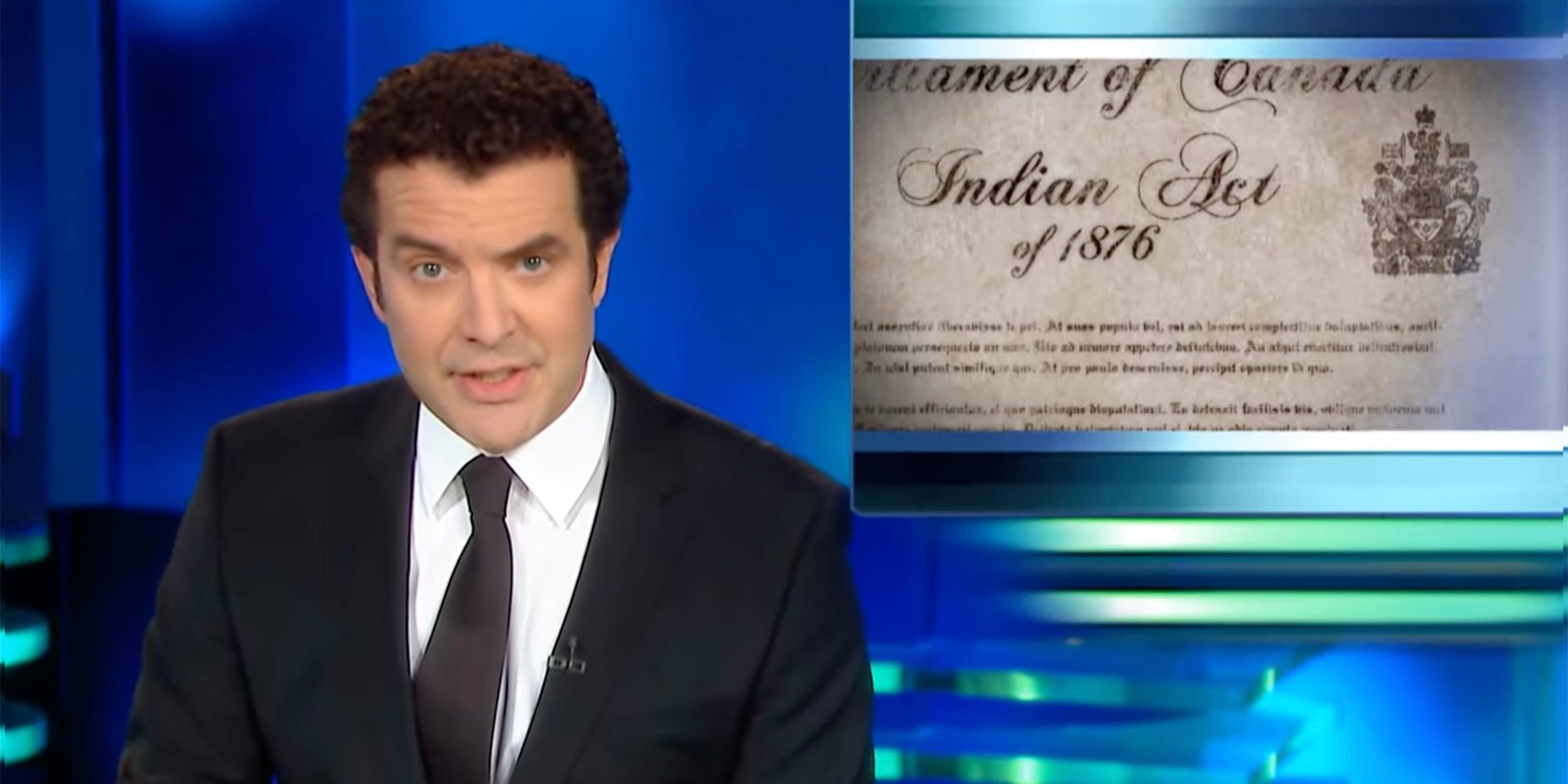Differentiation: Indigenous Peoples and Non-Indigenous Peoples
Many non-Indigenous people believe that Indigenous Peoples, under the Indian Act receive “special treatment” and unfair advantages. More...
2 min read
Admin November 20, 2012

 Dion Arnouse is the founding CEO of 2Badgers Consulting Inc. He is a successful small business entrepreneur and served as a First Nation RCMP for 22 years where he spent the majority of his career implementing proactive community initiatives in First Nations communities. Dion was born and raised in the Secwepemc (Shuswap) territory and is a proud member of the Little Shuswap Indian Band.
Dion Arnouse is the founding CEO of 2Badgers Consulting Inc. He is a successful small business entrepreneur and served as a First Nation RCMP for 22 years where he spent the majority of his career implementing proactive community initiatives in First Nations communities. Dion was born and raised in the Secwepemc (Shuswap) territory and is a proud member of the Little Shuswap Indian Band.
Dion chatted with WEWIP from his office in Westbank, BC.
Would you explain the unusual name of your company?
The badger is my daughter’s favourite animal. It is a small but very resilient, strong creature and that is the concept of our business model. My goal for the company is to not go big and corporate but to be able to take on the bigger challenges while remaining small, humble and family-run - which reflects what First Nation communities are all about.
You joined the RCMP when you were 19. What was it like to leave your community and go into training?
It was quite a cultural shock to go from my small community to the huge RCMP Academy, “Depot” Division in Regina. I was part of an all-Aboriginal troop so there was a sense of comfort in that; we shared stories about our respective cultures which was interesting because we were from all across Canada. Interestingly, this was in the late 1980s and we had RCMP officers come to our dorm and ask us questions because they had never met an Aboriginal person before.
What was it like, as a newly minted First Nation RCMP officer, to walk into a First Nation community, knowing as you did some of the historical antipathy people had regarding the RCMP and its role in taking children to the residential schools?
Non-First Nation people assumed that just being First Nation meant that I was guaranteed the trust of a community but that’s not the way it was. Wearing the uniform put distance between me and the community. I had to learn to not rush the relationship and that was a hard lesson. I worked in several different First Nation communities and each time it took six months to a year to establish a basis of trust. Once I had that trust, then I was invited into the community to help develop solutions to create positive change - which is what I do as a consultant.
During your time with the RCMP, what changes did you see within that organization in regard to its relationship with Aboriginal communities?
Recognition that there are cultural differences that need to be understood and respected - for example, it was great to see Bob Joseph brought in to give his Indigenous Awareness training to the force. In BC there is a First Nations Community Policing Department at the RCMP Headquarters with a First Nation conflict management team, which I was fortunate enough to be part of. We were proactive in providing a conflict mediation strategy for issues before they went off the rails. This is what planted the seed for me to go into consulting - you need to know both sides of a situation very well in order to be an effective mediator.
What key skill did you carry over from your years as an RCMP officer to your consulting business?
Without a doubt, it is my ability to break down barriers because that is what I did with the RCMP and that is what consulting is all about. As a consultant, I am breaking down barriers between a First Nation community that wants to take advantage of the economic opportunities and an industry that wants to form a partnership. It goes back to trust.
As a former RCMP officer, what is the best piece of advice you can give to an Aboriginal youth starting out in life?
Never say never. New situations always involve a lot of fear. The magic is in how you overcome your fears.
What best piece of advice can you give regarding working effectively with Aboriginal Peoples?
Engage early and engage often. Get to know the community; do your research; build the relationship. You have to be genuine, open and honest because if you aren’t, the Elders will pick up on it the minute you walk into the room.
Featured photo: waferboard, Flickr

Many non-Indigenous people believe that Indigenous Peoples, under the Indian Act receive “special treatment” and unfair advantages. More...

There has been a lot of discussion of late on whether or not the Prime Minister of Canada is going to revamp the Indian Act. All the discussion...

The Bank of Canada put out a call for nominations of Canadian women for a series of new banknotes. This is not the first time women have been...